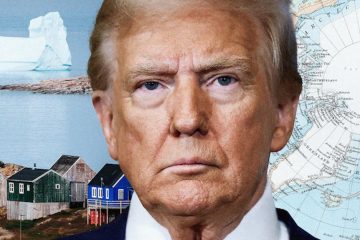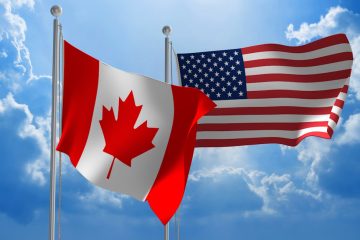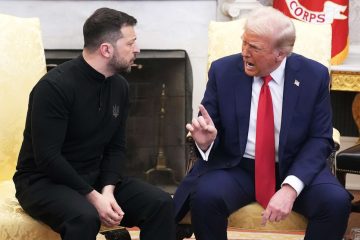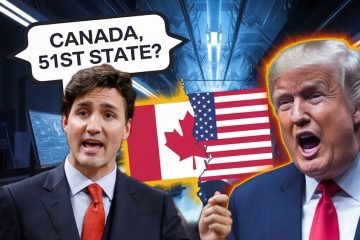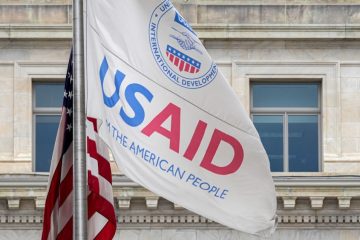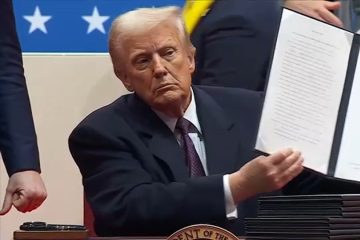Supreme Court’s hearings on Donald Trump’s immunity claim
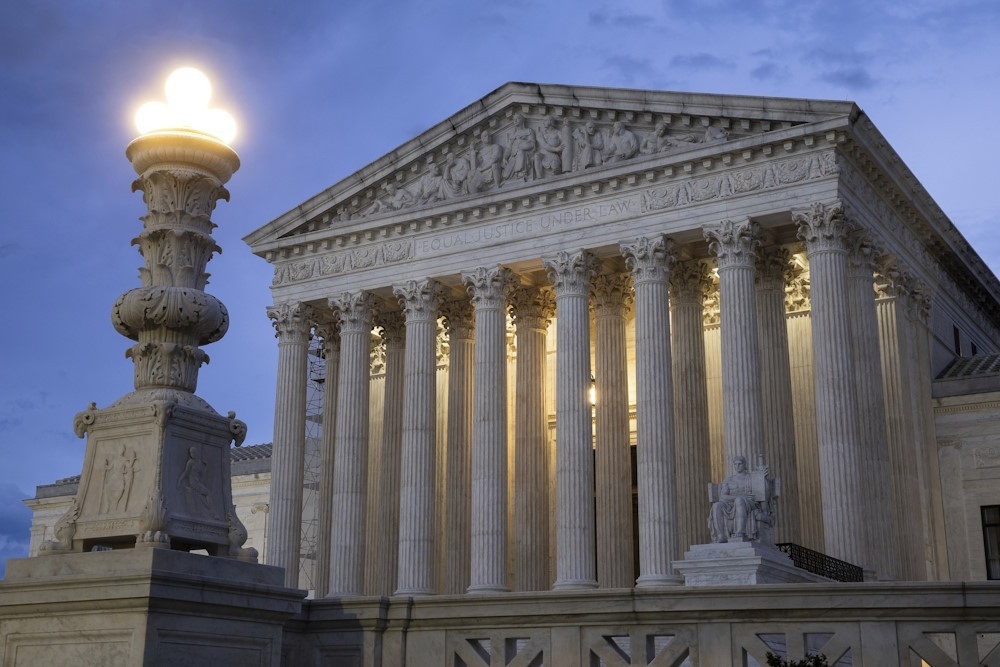
Following the federal prosecutors’ charges against Donald Trump for conspiring to overturn the 2020 election results, the ex-president has contended that he possesses extensive immunity for his activities during his tenure in the White House. After a prolonged period of legal disputes, the Supreme Court will address the matter on Thursday. This issue has significant legal implications and political consequences, including the possibility of Trump being subjected to a federal trial during the last stages of the presidential campaign.
What are the allegations that Trump is currently facing? Special counsel Jack Smith has indicted Trump on a four-count complaint, accusing him of plotting to undermine the voters’ will by promoting false allegations of election fraud and orchestrating fraudulent groups of electors. According to prosecutors, Trump’s plots reached their highest point and came together on January 6, 2021, when he attempted to stop Congress from officially confirming Joe Biden’s win.
According to prosecutors, each of the schemes aimed to undermine a fundamental aspect of the United States federal government: the process of gathering, tallying, and validating the outcomes of the presidential election. The indictment specifically accused Trump, while also mentioning six suspected co-conspirators, including identifiable loyalists like as Rudy Giuliani and five other lawyers who assisted Trump in challenging the outcome of the election. He has entered a plea of innocence in response to the charges.
What is the central point of contention in the immunity debate? Trump’s legal team has highlighted the president’s unique position in the American system of government, asserting that the commander in chief cannot effectively carry out his duties if there is a possibility of facing criminal charges for official actions.
In court papers, the lawyers contend that the law grants absolute immunity to the President, which allows him to serve without hesitation and without the concern that his political opponents may one day bring legal charges against him for choices they disagree with.
Smith’s team counters that Trump’s broad interpretation of immunity contradicts the fundamental concept that no one is exempt from legal obligations. During a previous court session about Trump’s claims of immunity, a government attorney expressed concern about the absence of a criminal mechanism to address a future president’s efforts to undermine the electoral system, describing it as a potentially alarming situation.
The lower courts have ruled in favor of the government. U.S. District Judge Tanya Chutkan declared in December that being a former president does not grant Trump an exemption from legal consequences for life.
What is the anticipated timeline for the Supreme Court’s decision, and how will that impact the scheduling of the trial?
The Supreme Court is anticipated to render a verdict by the end of June. If the court dismisses Trump’s assertion of immunity and permits the prosecution to move forward, a trial in Washington could commence approximately three months thereafter, perhaps coinciding with the period when voters participate in elections.
If the supreme court manages to expedite its ruling, it could increase the likelihood of a verdict being delivered prior to Election Day.
Tara Leigh Grove, a law professor at the University of Texas, emphasized that the timing of the court’s decision is just as important as the content of the decision.
Judge Chutkan settled several pretrial cases before the immunity dispute caused her to pause her preparations.
The special counsel’s office stated in a brief with the Supreme Court that there is a national imperative to expeditiously address the alleged offenses in this case.
If Trump is victorious, what implications does that have for the various legal proceedings he is currently involved in?
If the Supreme Court were to unexpectedly issue a sweeping verdict in favor of Trump, it would effectively terminate his prosecution on federal election meddling charges. The decision may also have immediate ramifications.
Trump would attempt to utilize the verdict in Georgia as a means to request the dismissal of state racketeering charges filed by the Fulton County district attorney. These accusations are connected to Trump and his associates’ endeavors to overturn the 2020 election results in the state.
In the two other prosecutions, the consequences of a Trump victory would be less certain.
The federal prosecution of Trump in Florida mostly focuses on the time following his administration. It claims that he amassed a collection of confidential documents at his private club and property after leaving the White House, then subsequently impeded the government’s attempts to recover those materials.
Trump is presently facing trial in Manhattan for allegedly fabricating business papers to conceal payments made to the pornographic actress Stormy Daniels prior to the 2016 election. Although the initial payment occurred during Trump’s time as a private individual, the purported fabrications occurred subsequent to his assumption of the presidency.
Will the Supreme Court render a definitive decision on whether presidents possess criminal immunity, without any further elaboration?
Not always. Although the high court has the option to make a wide decision regarding the issue of immunity, it also has the ability to establish a legal criterion for determining whether specific official actions are subject to prosecution or not.
This might potentially result in an increased workload for the lesser courts, and in the case of Trump, it may necessitate Chutkan to issue further rulings.
According to Randall Eliason, a former federal prosecutor and law professor at George Washington University, it is likely that the Supreme Court intends to create a more subtle and sophisticated judgment compared to the lower courts that dismissed Trump’s claims of immunity.
There is a possibility of further delay if the case is returned to Judge Chutkan, who would then need to listen to arguments and make determinations regarding whether some acts mentioned in the indictment are eligible for immunity, as stated by the individual.


